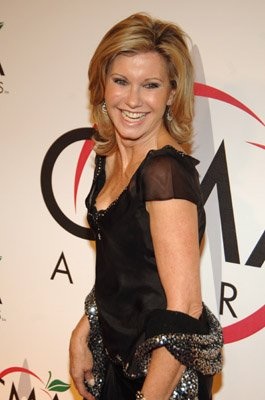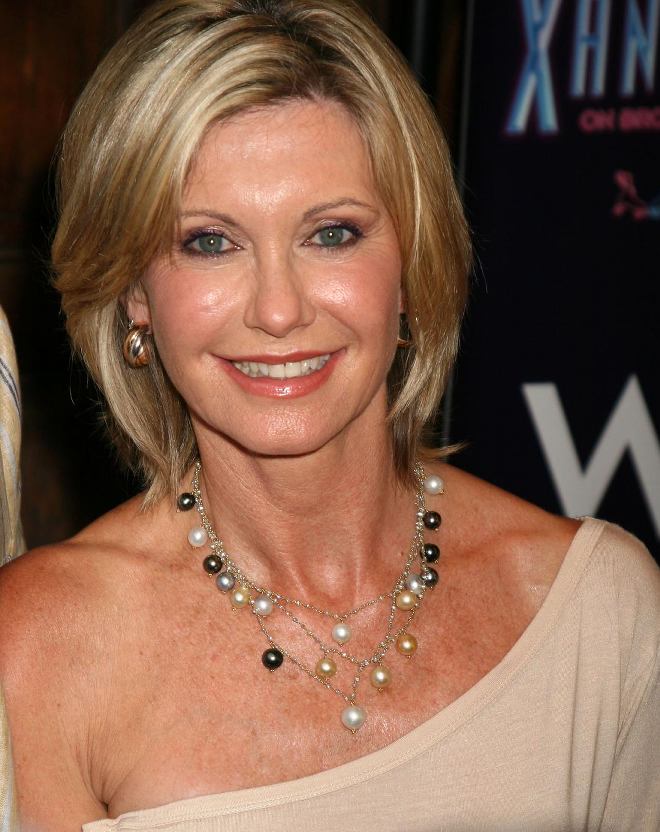
Damn, country singers were mighty feisty about awards back then.)Īfter so many years as the most wholesome of pop singers, her Grease makeover in 1978 was a turning point. (The next year, the top CMA award went to John Denver when presenter Charlie Rich read the name from the envelope, he pulled out a lighter and burned it right there on the podium. George Jones and Tammy Wynette were so outraged, they organized other Nashville veterans in a CMA boycott and founded the “Association of Country Entertainers.” It didn’t last. She scored her first hit in 1971 covering Bob Dylan, of all people, “If Not For You,” soon followed by “Let Me Be There.” It was controversial when she won a country Grammy, but it was a flat-out scandal when this Aussie interloper won the Country Music Association award for Female Vocalist of the Year. Her first big splash came when she swerved into country music, in her long-running partnership with writer-producer John Farrar.


pop group abducted by aliens, but not even Olivia could save that concept. In the 1970 sci-fi flop Toomorrow (yes, it’s spelled that way), she played the singer of a U.K. She had an early go at English folk-pop stardom in the Sixties - with her angelic chirp, blonde hair, blue eyes, and blinding white teeth, she was like a G-rated version of Marianne Faithfull. She grew up in Australia, the granddaughter of the Nobel Prize-winning physicist Max Born. (She doesn’t even give her crush a chance to think about it.) “If we had both been born, in another place and time / This moment might have ended with a kiss” - the way her voice trembles on that line is always a punch in the aorta. She humiliates herself line by line, resigned to her heartbreak, refusing to even entertain the idea this notion might not be a total disaster. No other singer could get away with the over-the-top misery of “I Honestly Love You.” Olivia confesses her doomed crush on somebody she can never have, in her breathy whisper. “Don’t play B17 / It was our song, it was his song, but it’s over” - she sounded totally forlorn, vulnerable, but also a bit scary. Please,” a country song about sitting in a Nashville bar by the jukebox, begging random cowboys not to play the tune that reminds her of him. She was the star of the Mellow Era who actually had the gall to use the word “mellow” in a song title - her Number One therapy session, “Have You Never Been Mellow?” I still get that tragic feeling from “Don’t Stop Believin’” and “Sam.” But my favorite Olivia ballad will always be “Please Mr. Before fans invented the terminology of stars having “eras,” Olivia perfected the concept, because she hit every stop on the radio dial, from ingenue to Xanadu.Įvery fan’s got a favorite ONJ phase, but for me it’s the Seventies AM-radio soft-rock Olivia, when she kept finding new ways to get her heart broken on hit after hit. Olivia could hop from genre to genre, but she threw herself into every style with the same effervescent hyper-glitz enthusiasm, which is why she never sounded the least bit phony.

Heavy-breathing rock odes to sex like “Magic” and “Make a Move On Me.” These are all reasons why we loved Olivia Newton-John - we honestly loved her - and that’s why pop connoisseurs are mourning for her today. Disco show tunes with Gene Kelly and ELO in Xanadu. But Olivia could do it all: weepy ballads like “I Honestly Love You,” country twang like “Let Me Be There,” Fifties pastiche in Grease. No Seventies star had a weirder pop trajectory, going from the world’s favorite Australian country singer to a brazen Eighties black-leather New Wave diva in just a few years. Farewell, Olivia Newton-John, the eternally beloved pop queen who died Monday at age 73.


 0 kommentar(er)
0 kommentar(er)
